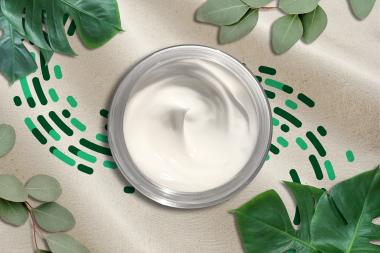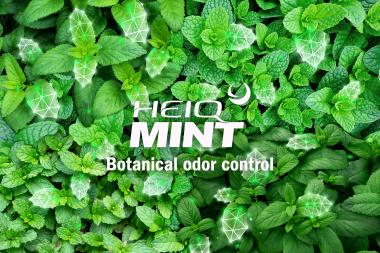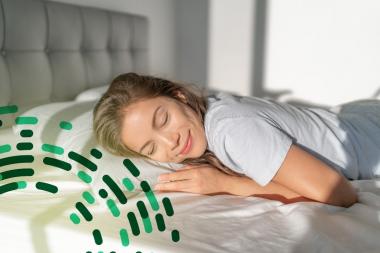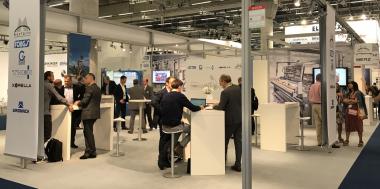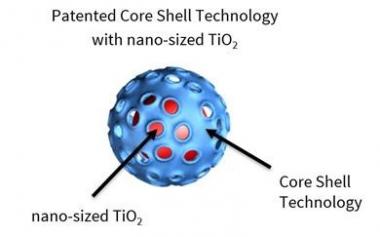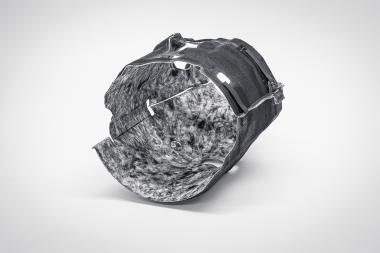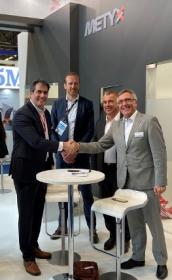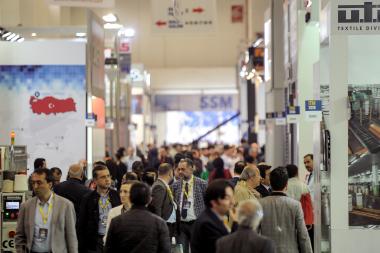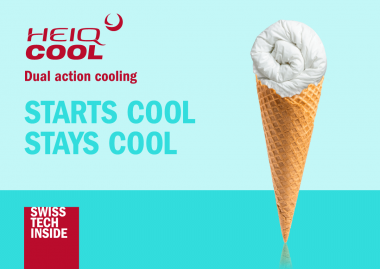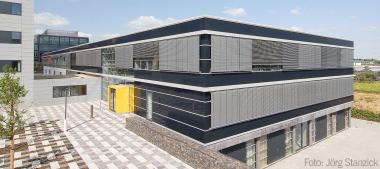HeiQ launches a probiotics infused textile technology
HeiQ introduces a 100% biobased and long-lasting cosmetic finishing technology for textiles to the market. The newest addition to the HeiQ portfolio harnesses the power of active probiotics and selected prebiotics to enhance the skin microbiome, turning the human’s largest organ into the best-looking one.
HeiQ Skin Care is a synbiotic textile finish aimed at providing a balanced microbiome for glowing skin, even after repeated use and washing of textiles. Unlike conventional products, HeiQ Skin Care utilizes slow-release prebiotics and probiotics seamlessly integrated into a biobased textile matrix, enriching the skin's microbiome diversity, and offering long-lasting cosmetic benefits.
The synergistic combination of prebiotics and probiotics, known as synbiotics, delivers a soothing cosmetic skin treatment while relaxing, working, or sleeping. Probiotics not only restore and improve the skin's natural balance but also enhance its self-repair capabilities. Synbiotics promote skin renewal, rebalancing, and improved appearance, reducing the signs of aging and establishing a favorable environment for the skin's natural repair mechanisms.
A second skin that takes care of the first
The skin, the largest organ in human body, is home to a diverse community of microorganisms called the skin microbiome. It plays a crucial role in maintaining good skin condition, acting as a protective barrier against harmful agents. However, various factors, such as hormones, diet, smoking, environmental exposures, and excessive UV radiation, can disrupt its balance, leading to skin conditions like rashes, acne, psoriasis, rosacea, skin irritation, redness, eczema, and odor. Maintaining a balanced skin microbiome is essential for preserving skin integrity.
HeiQ Skin Care is suitable for all textile fibers, both natural and synthetic, and can be applied to all textile items that come in direct contact with the skin. This versatility makes it an ideal choice for daily use- at work, during sports, leisure activities, or as bedding items like bed sheets and pillows.
Intensive wear trials conducted during the development stage have proven the consistent release of synbiotics (prebiotics and probiotics) onto the skin, creating conditions to foster a well-balanced microbiome.
HeiQ


